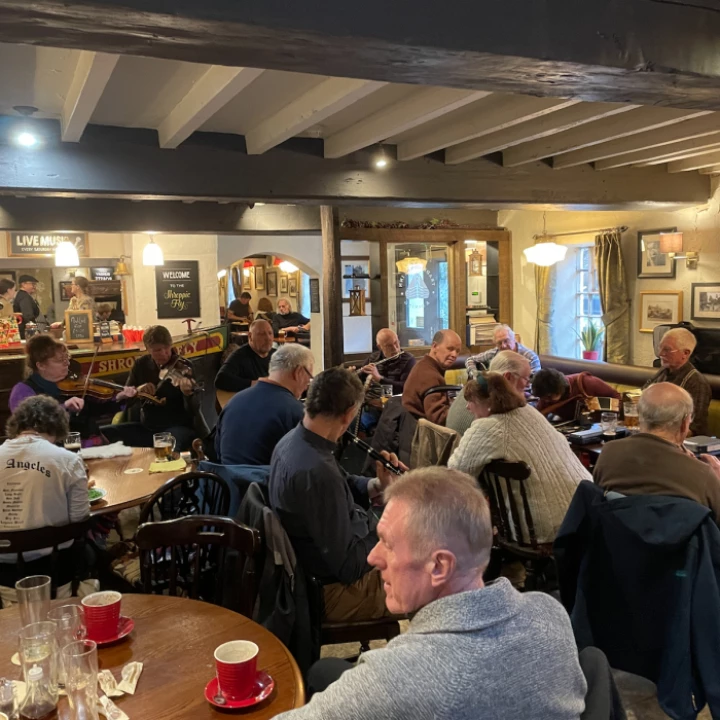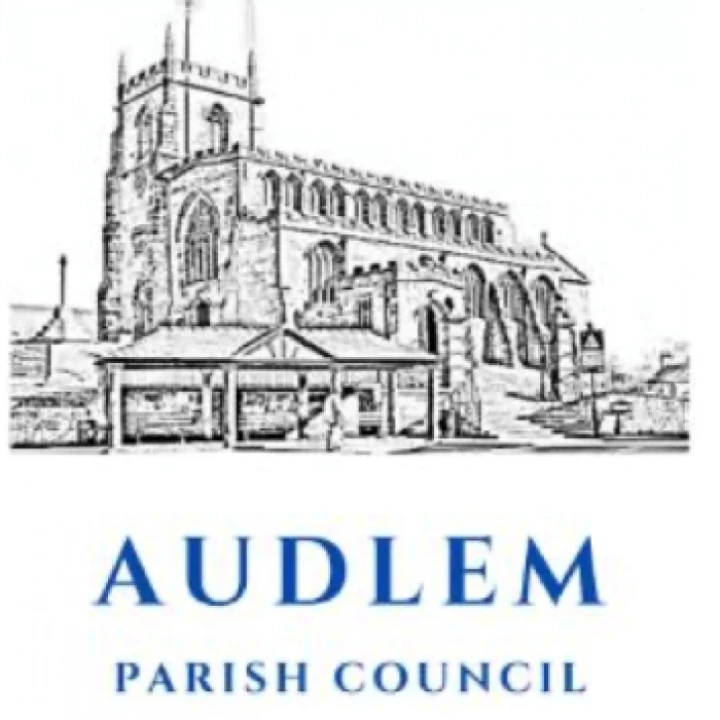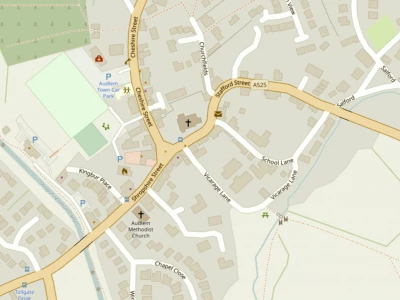







January 13th 1893
In the 1892 General Election, held in July, three working men were elected without support from the Liberals, Keir Hardie (pictured) in South West Ham, John Burns in Battersea, and Havelock Wilson in Middlesbrough. Hardie owed nothing to the Liberal Party for his election, and his critical and confrontational style in Parliament caused him to emerge as a national voice of the labour movement.
At a TUC meeting in September 1892, a call was issued for a meeting of advocates of an independent labour organisation. An arrangements committee was established and a conference called for the following January. This conference was chaired by William Henry Drew and was held in Bradford 14-16 January 1893. It proved to be the foundation conference of the Independent Labour Party and MP Keir Hardie was elected as its first chairman.
About 130 delegates were in attendance at the conference, including in addition to Hardie such socialist and labour worthies as Alderman Ben Tillett, author George Bernard Shaw, and Edward Aveling, son-in-law of Karl Marx. Some 91 local branches of the Independent Labour Party were represented, joined by 11 local Fabian Societies, four branches of the Social Democratic Federation, and individual representatives of a number of other socialist and labour groups
The inaugural conference overwhelmingly accepted that the object of the party should be "to secure the collective and communal ownership of the means of production, distribution and exchange". The party's programme called for a range of progressive social reforms, including free "unsectarian" education "right up to the universities", the provision of medical treatment and school feeding programmes for children, housing reform, the establishment of public measures to reduce unemployment and provide aid to the unemployed, a minimum-wage law, welfare programmes for orphans, widows, the elderly, the disabled, and the sick, the abolition of child labour, the abolition of overtime and piecework, and an eight-hour workday.
This article is from our news archive. As a result pictures or videos originally associated with it may have been removed and some of the content may no longer be accurate or relevant.
Get In Touch
AudlemOnline is powered by our active community.
Please send us your news and views using the button below:
Email: editor@audlem.org


